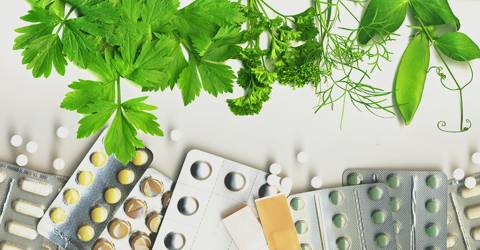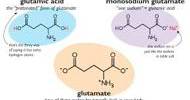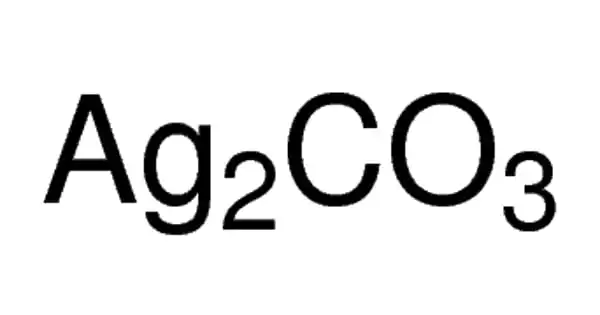As we face a future in which present antibiotics are ineffective; there are times when pharmaceutical antibiotics are a essential and can save lives, but for those with drug compassion, intolerance to any of the numerous recipients used in drug manufacture or any problems with compromised gut flora, they can create far further problems than they solve.
Although there are times when pharmaceutical antibiotics are a essential and can save lives, their use is connected with a number of problems. Apart from antibiotic allergy, their use can lead to the extermination of helpful gut bacteria and the support of antibiotic-resistant strains of bacteria.
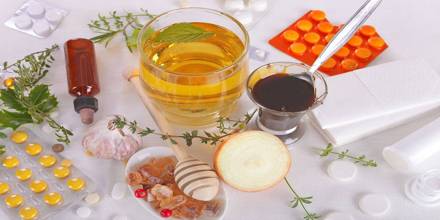
Antibiotic Overview
Alexander Fleming, discoverer of penicillin, warned us almost a century ago that the overuse of antibiotics would create resistant bacteria. In fact, antibiotics are a most important reason of repeated infections, and our overuse of them is breeding extremely opposing strains of “superbugs” that are immune to all known types of antibiotics. To add insult to injury, we have misplaced the war on infectious diseases, even with all these antibiotics and improved hygiene.
By using antibiotics as a cure-all, the magic bullet has come back to hit us. Every time we take antibiotics, we give dangerous bacteria a new chance to become resistant. The significance is that numerous antibiotics are ineffective. A gradually more familiar scenario in American hospitals is a hospitalized patient who gets a hospital-based staph infection or pneumonia that is completely opposed to to antibiotics. People with antibiotic-resistant diseases often die.
Clearly we need to find other ways to fight infections and to support our immune systems when we get sick. Antibiotics should only be used as a final resort in fighting a potentially life-threatening infection. Before he or she prescribes an antibiotic, your physician should do a culture to find out (1) if bacteria are present, and if so, (2) what strain of bacteria is current and thus what type of antibiotic to give you. Avoid wide-spectrum antibiotics whenever potential.
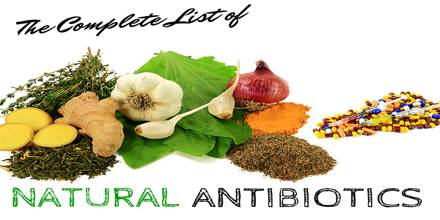
Here are five natural alternatives to antibiotics.
Coconut Oil: It’s full of powerful medium chain triglycerides (MCTs). The mainly remarkable MCT is lauric acid. It has the capability to kill dangerous bacteria like H. pylori. Research shows it’s also effectual at fighting C. difficile—a strain of antibiotic-resistant bacteria and one of the leading causes of diarrhea in hospitals worldwide. Try eating a little spoonful of coconut oil with breakfast. You can also add it to a salad to sustain your immune system and keep bacteria at bay.
Honey: Honey has been shown in studies to be as effectual as commercial topical antibiotics but, unlike pharmaceutical antibiotics, honey is essentially immune to confrontation because it fights bacteria in numerous dissimilar ways.
Honey’s acidic pH, low water content (which efficiently dehydrates bacteria), and the hydrogen peroxide secreted by its naturally occurring enzymes, all make it perfect for warfare organisms that have developed resistance to standard anti-biotics.
Olive Leaf Extract: This helps protect against a extensive diversity of viruses and bacteria. And it can do things that mainly prescription drugs can’t. It can even cut off the amino acid supply to viruses. This helps keep them from spreading. One study found that exposing E. coli to just a 6% olive leaf extract totally destroyed it. You can find natural olive leaf extract supplements in mainly health food stores and online.
Andrographis: Some call it the “king of bitters.” Indian folk medicine has used this bitter herb for hundreds of years to treat digestive problems. It’s even an antidote to scorpion venom. Its potent antibacterial properties supply protection against most pathogens. This kills dangerous germs. But it also may help diminish your symptoms and leave good germs unharmed.
Garlic: It’s one of the best foods you can keep on hand. And not because of the flavor it adds to your meals. Garlic kills bacteria and fights disease. Recent research found that it may even help defend against the common cold. But that’s just the tip of the iceberg. Allicin—a powerful compound in garlic—can fight the “superbugs” that prescription drugs can’t.
Other Herbs: The following have all been recommended in herbal texts for their antibiotic effects:
acacia, aloe, bearberry, blue flag root, burdock, cayenne, chaparral, cloves, cryptolepis, echinacea, eucalyptus, garlic, ginger, goldenseal, grapefruit seed extract, holy thistle, honey, horseradish, juniper, liquorice, lobelia, mullein, myrrh, nasturtium, oregano, poke root, red clover, sage, thyme, usnea, wild indigo, wild thyme and wormwood.
Lastly, forget the antibiotics. You don’t require to rely on a prescription. These natural tools will help you defend against bacterial and viral infections. These solutions will also support your immune system and keep the good bugs alive. They may even save your life if you ever face a “superbug.”
